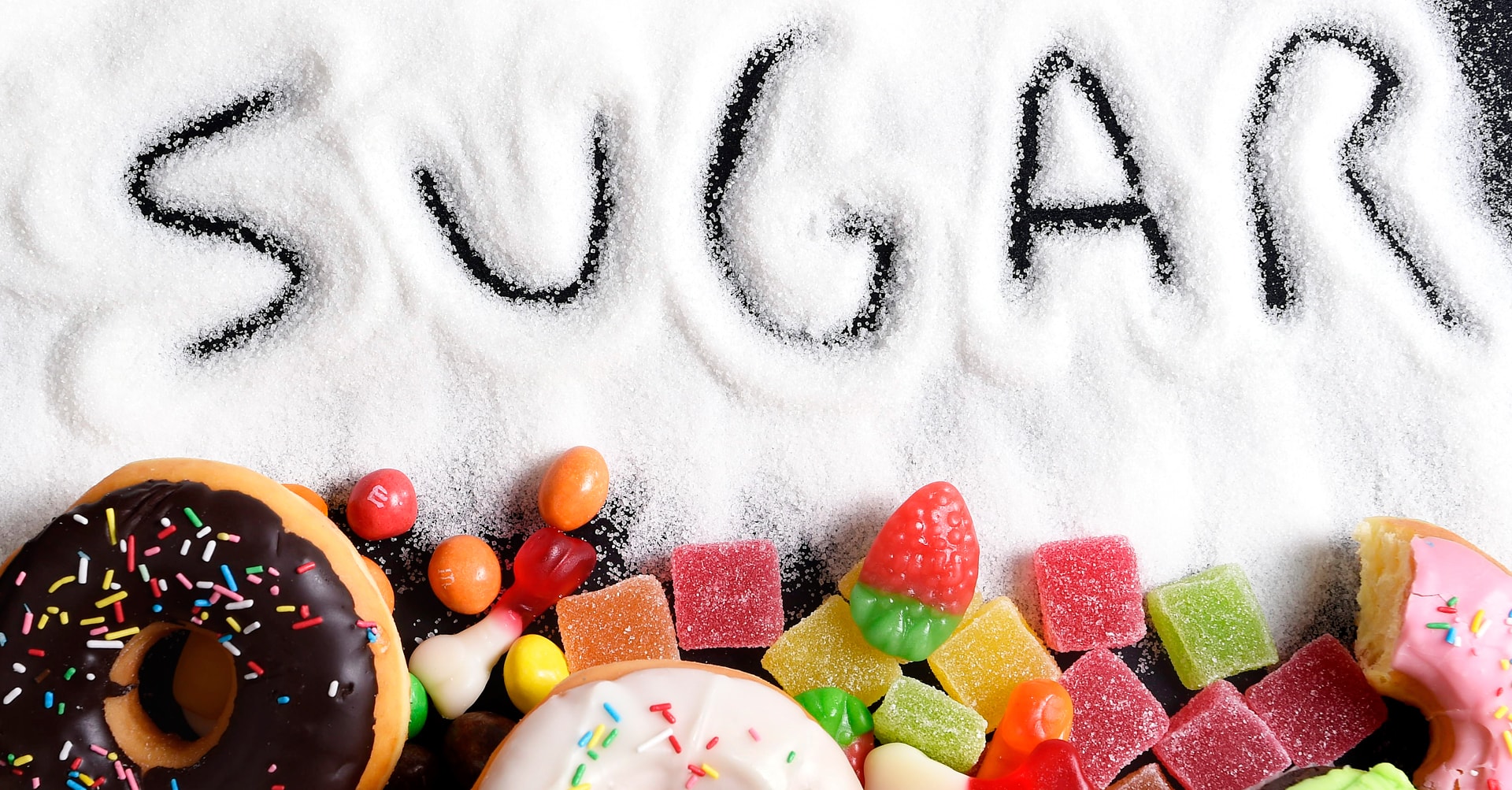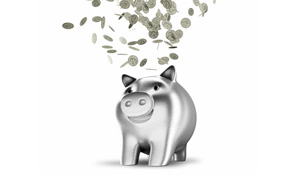As outrageous as it might sound, some health fanatics have labelled sugar ‘the new nicotine’. While most of us know that sugar isn’t the healthiest thing on the ingredients list, could eating cake possibly be as dangerous as smoking cigarettes? We decided to investigate and this is what we found:
Sugar poses a serious risk to your health Like smoking cigarettes, consuming large amounts of sugar is detrimental to your health in many different ways. There is strong evidence linking sugar to a greater risk of heart disease, obesity, diabetes and even cancer. While the link might not be quite as direct as the link between 90% of lung cancers and smoking, there is no doubt that eating or drinking too much sugar is extremely bad for you.
Sugar is addictive Sugar leads to the release of dopamine (a feel-good hormone) in your brain. If you eat sugar too often, your dopamine receptors develop a tolerance. This means that the next time you eat sugar-containing foods, they provide less satisfaction, so you need more to get the same effect. This is similar to the addictive effects of nicotine and even cocaine.
It’s socially acceptableYou only have to watch an episode of Mad Men to be reminded of how normal and prevalent smoking was in the 60s. People puffed on cigarettes while they were brainstorming at work. If their bosses were stressing them out, they took a long, slow puff. If they fancied a fag while preparing dinner for their kids, they lit right up. And if they wanted to relax with a mate, they passed around a Camel Filter. Sugar has similar social currency in modern times – we reward our children with sweets, finish a meal with dessert, celebrate our birthdays with cake, share donuts in the office, and enjoy a sweet drink with and between most of our meals. Kicking any habit is hard, but kicking one that has such positive associations in our daily lives is extremely difficult.
There are substitutes that may be just as harmfulE-cigarettes have replaced cigarettes, promising dubious health benefits. Similarly, the soft drink and sweets industries have introduced “sugar-free” alternatives to their fructose- and sucrose-laden products. Unfortunately, most sugar-free products are sweetened with aspartame, which has been linked to side-effects ranging from headaches to birth defects in unborn children to cancer. And studies have also shown that in most cases, aspartame actually triggers weight gain and carbohydrate cravings, so it’s not even doing the job it’s supposed to.
OK, I’m convinced, but how do I rid my life of sugar?
- Accept that it’s going to be tough. Sugar is everywhere, and avoiding it takes hard work and willpower.
- Read your food labels. Look for the “total carbohydrates” line, and then look at “of which total sugar” – this should give you a measurement in grams that you can use to assess your daily intake. Men should have no more than 37 grams of sugar in a day and women no more than 25. When you consider that an average 330ml can of fizzy drink contains up to 35g (nine teaspoons!) of sugar, you can see that there’s a problem. And that’s before you’ve even started counting naturally occurring and hidden sugars. Be aware of this limit and control your sugar consumption accordingly.
- Try not to substitute. Rather aim to get rid of your sweet tooth than find other ways to satisfy it. Remember that fruit or honey still contain sugar, and that substitutes like aspartame are bad for your health.
- Don’t drink sugary beverages, ever. Cut the sugar from your tea and coffee, and drink water at meal times instead of juice or fizzy drinks. Kicking the sugary drinks habit alone will reduce your sugar consumption significantly.
- Prepare your own meals from scratch. If you do, you’ll know what’s going into them, and you can avoid the sugars hidden in prepared or junk foods.
- Work out a strategy that works for you. Some people find that cutting out sugar completely cures them of their addiction, while others find that having one cheat day a week gives them something to look forward to. Be honest with yourself and adopt the strategy that is most likely to stick.
Not quite as bad as nicotine In reality, sugar probably isn’t quite as bad for you as smoking. But because it’s so easily available, socially acceptable and has such positive associations, it’s easy to end up consuming way too much – often without even noticing. Like anything else in life, it pays to do your research and be aware of how much sugar you are consuming, and then to enjoy it in moderation. But if you find that it’s difficult to achieve moderation, then more drastic steps to limit your sugar intake need to be taken.




